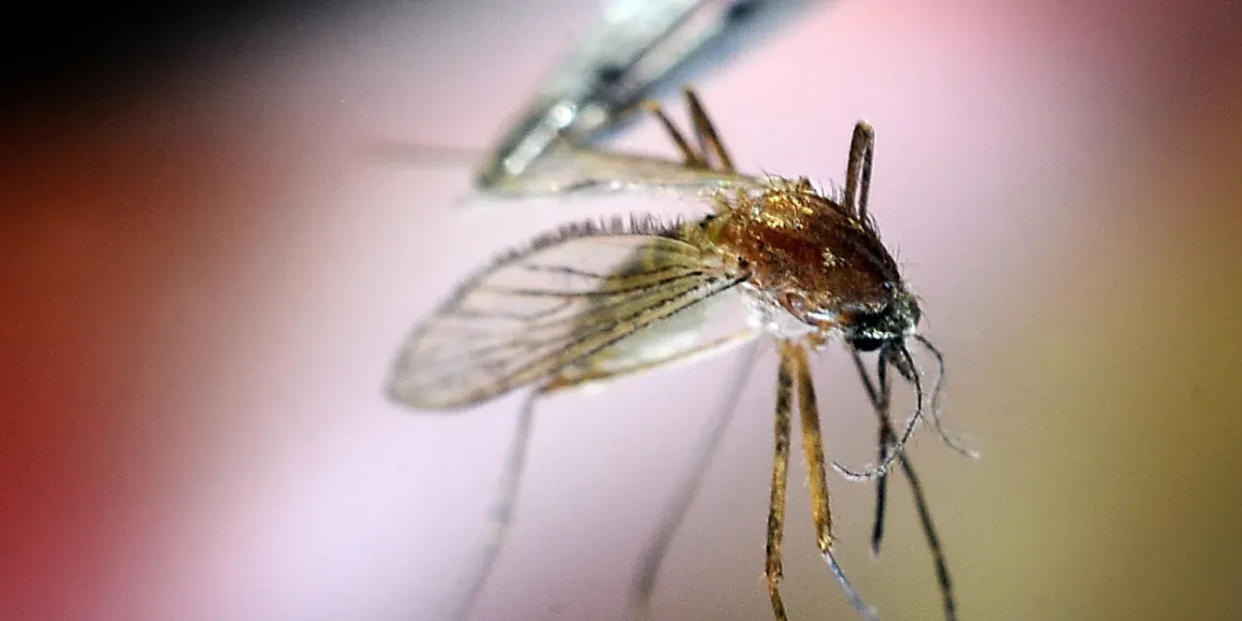First human case of West Nile Virus this year found in Sheboygan patient

Wisconsin's first human case of West Nile Virus this year was confirmed in a Sheboygan County resident, prompting state health officials to once again emphasize the importance of preventing mosquito bites.
Earlier this year, the virus had been found in three animals: a horse in Trempealeau County, a horse in Monroe County and a bird in Milwaukee County.
At this point in the year, the case count remains well below the 20-case annual average seen in Wisconsin residents since 2017.
The mosquitoes that carry the virus will keep biting until the state's first hard frost significantly lowers mosquito activity. A hard frost is defined as temperatures below 28 degrees for more than four consecutive hours. The mosquitoes initially pick up the virus from infected birds.
"This report of the first case of West Nile Virus in a person is a reminder of the continued importance of taking precautions to prevent mosquito bites and the viruses they carry as we move into the fall," said State Health Officer Paula Tran. "While West Nile virus and other viruses spread by mosquitoes pose a risk to all Wisconsinites, people who have weakened immune systems are at the greatest risk for serious illness."
Most people who get the virus do not get sick, according to the state DHS.
Of the 20% of people who do get sick, usually only mild symptoms are reported, including fever, headache, muscle ache, rash and fatigue.
The virus can be dangerous in about 1% of those infected. In those cases, patients can develop high fever, muscle weakness, stiff neck, disorientation, mental confusion, tremors, confusion, paralysis, and coma. Older patients and those who are immunocompromised are at higher risk of developing such complications.
There are no vaccines or specific treatments available for West Nile Virus beyond doctors providing supportive care for people while their bodies fight off the infection.
The best way to prevent getting the virus in the first place is to avoid getting bitten by wearing long sleeves and pants while outdoors and using bug spray. People can also do their part to eliminate breeding sites for the insects by removing even small sources of standing water, where they like to lay their eggs, and keeping weeds and vines trimmed and under control.
Contact Devi Shastri at 414-224-2193 or DAShastri@jrn.com. Follow her on Twitter at @DeviShastri.
Our subscribers make this reporting possible. Please consider supporting local journalism by subscribing to the Journal Sentinel at jsonline.com/deal.
DOWNLOAD THE APP: Get the latest news, sports and more
This article originally appeared on Milwaukee Journal Sentinel: First human case of West Nile Virus this year found in Sheboygan

